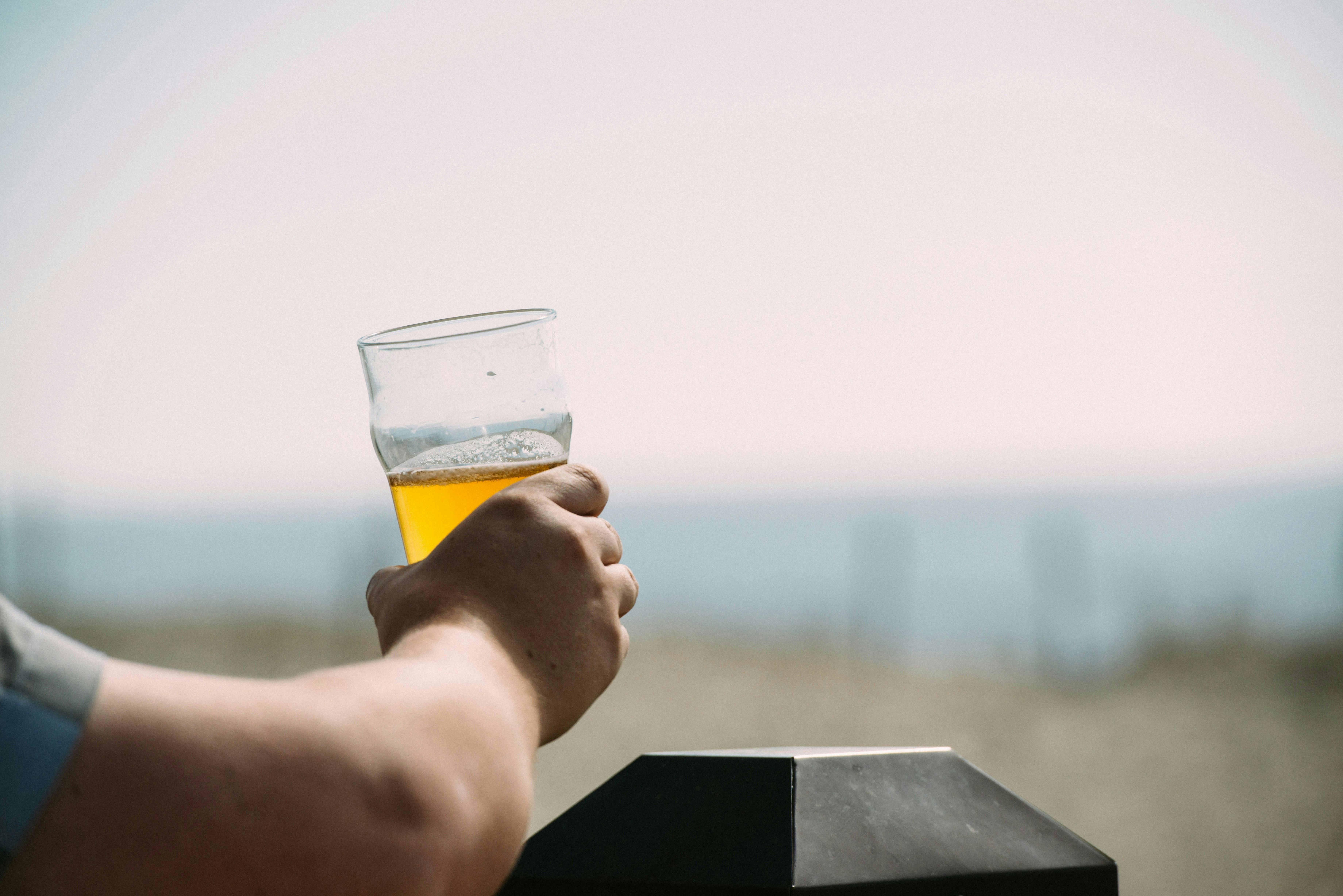Moral of the story: don’t drink and dive!
Drowning is the 3rd-most preeminent cause of unintentional death globally. Studies show that as blood alcohol consumption increases, so does a person’s likelihood of drowning. In fact, it has been found that alcohol is in the blood of 30%-70% of people who drown during recreational water activities. Alcohol is one of the most common determinants in both drownings and near-drownings in adults. By knowing the effects of alcohol on your mind and body and using that information to decide not to combine drinking and water activities, you can ensure that you stay safe.
It is likewise dangerous to supervise children in the water if you are drinking. Studies have shown that drowning is the leading cause of preventable death in children ages 1 to 4, and it is the second leading cause of preventable death in children under 10. In 75% of these cases, inadequate supervision by an adult played a part. It's important to remember that, when under the influence of alcohol, you cannot assuredly keep yourself safe, let alone keep children safe.

Consuming even seemingly insignificant amounts of alcohol before taking part in water recreation can be dangerous. Drowning happens fast, and it can happen in ways you may not expect. An adult can drown in only a minute. A child can drown in only 20 seconds. It’s even possible to drown in water that is only a few inches deep. It’s always necessary to use caution by the water, but being drunk can prevent you from using life-saving caution and common sense.
Moreover, swimming is not the only activity that can lead to drowning. In addition to activities which put your body directly into the water (like swimming, diving, and surfing), recreation on or near the water (such as boating, fishing, or walking along the shore) can be extremely risky when you are under the influence of alcohol.
Here are the three most essential things you should know about the effects of alcohol on your mind and body during water recreation:
Alcohol impairs your judgement.
If you are drunk, your judgement and inhibition suffer. This may cause you to take more risks than you would sober, or to overestimate your abilities. You may feel more comfortable going boating in unsafe conditions, or swimming out farther than you can swim back. You may have difficulty recognizing hazards, like windy weather or strong currents, and you may have difficulty dealing with the consequences of such threats.
Alcohol slows your reflexes.
When you’re in the water, it is crucial that you are able to perceive and react quickly to your surroundings. If you are in rough waves or near jagged rocks, it’s important to be mindful of them. However, intoxication can impact your brain’s response to stimuli as well as its capacity to process what’s happening to you. This can decrease your reaction time, concentration, and coordination. Alcohol also may alter your perception and your ability to feel, see, and hear the things around you.
Alcohol affects your body.
Alcohol makes it harder for your body to control its own temperature and keep your core temperature up. This can lead to hypothermia in cold waters. Alternatively, being drunk may quickly cause your body to overheat on a particularly hot day at the beach. Drinking causes dehydration, and your dulled senses may make you less aware of sun exposure. Intoxication can even lead to passing out in the water, and it makes CPR less effective.
Here are some ways to stay safe when it comes to alcohol and water recreation:
1.) Don’t consume alcohol before or during water recreation.
2.) Don’t allow yourself to feel pressured to get in the water after drinking, and stand up for others if they are being pressured to do so.
3.) Propose a different activity that does not take place in the water if people have been drinking.
4.) If a friend or loved one has been drinking by the water, do not leave them alone.
5.) Do not drink if you are responsible for watching children. Do not engage in water activities with children after drinking, such as canoeing.
6.) If someone is in trouble, stay with them, and call for or send someone else to find help.
Before you enjoy that first sip of beer on the beach, make sure that in doing so, you won’t be endangering yourself or anyone else. Also keep in mind that it’s not only summer water recreation that poses a threat to drinkers. Polar bear swims, fall kayaking, and winter hot tub dips are also dangerous when drinking. As nice as a drink by the water can be, it’s never worth your life.

